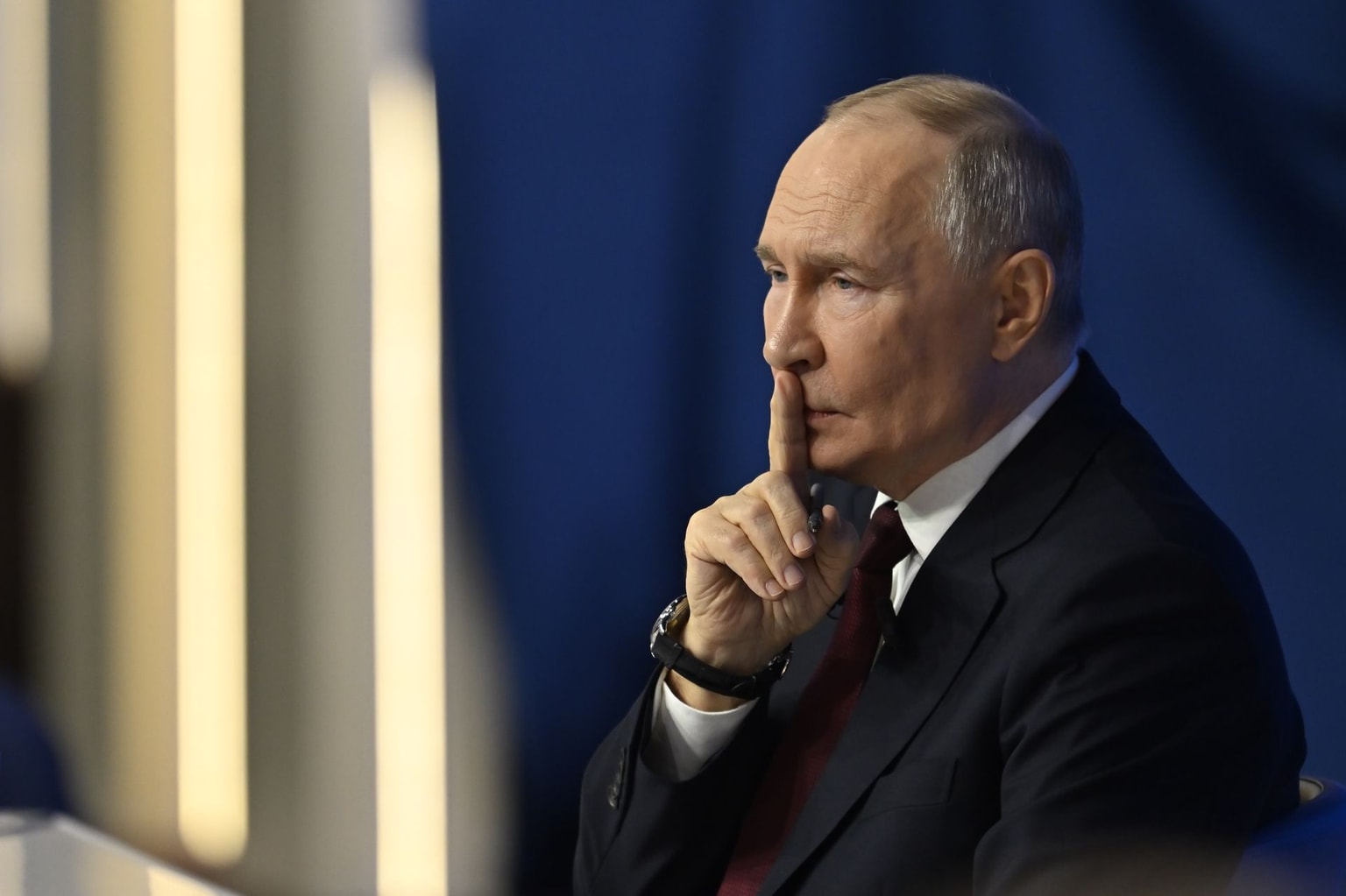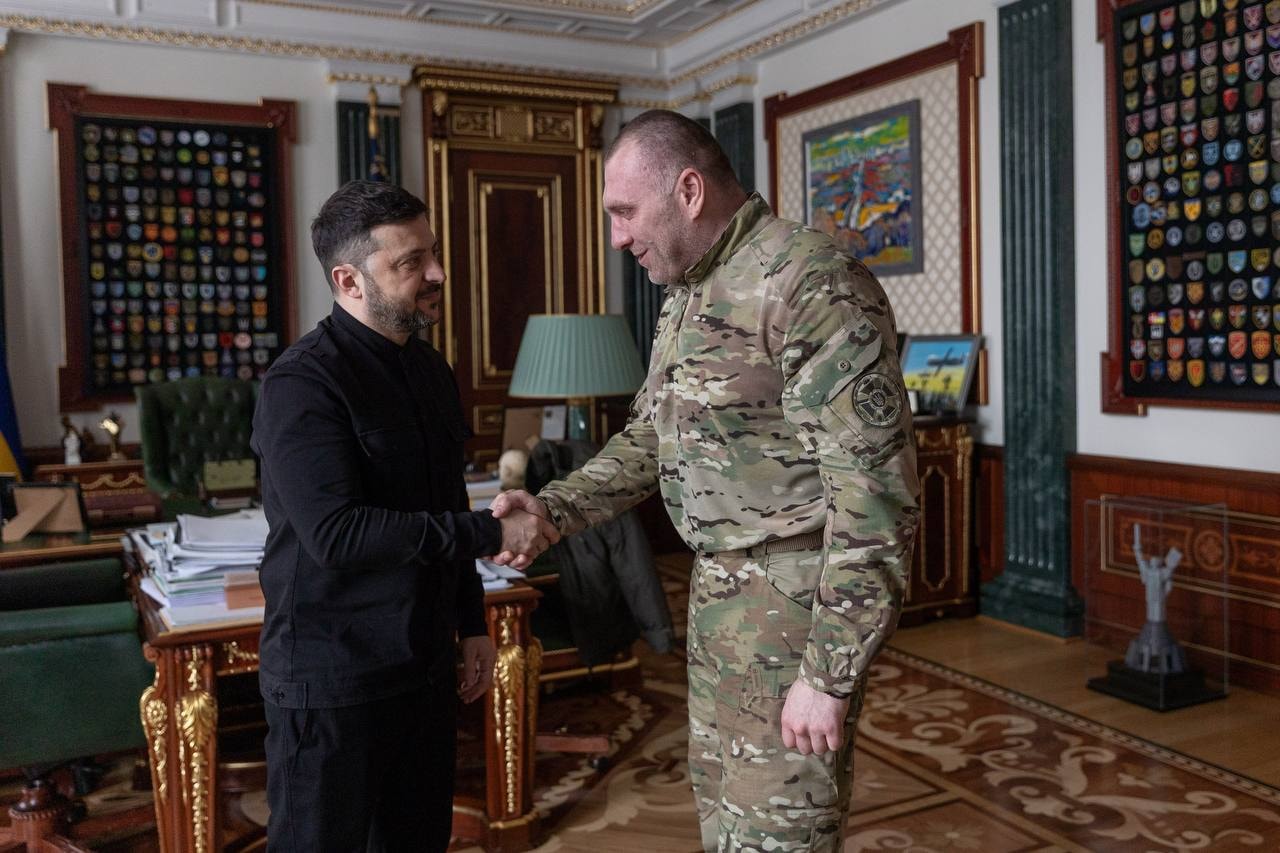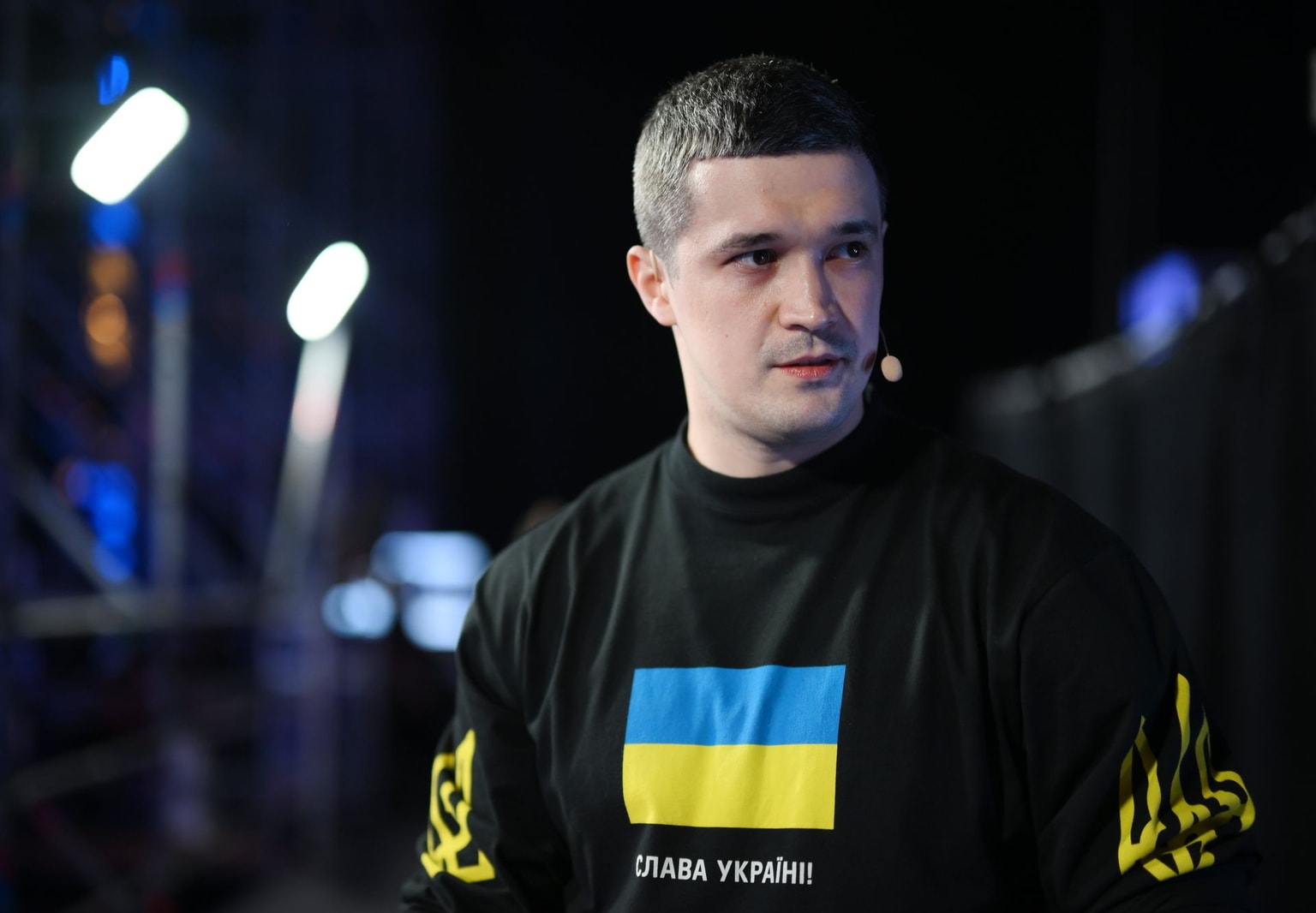Marco Levytsky: Why is Canada so reluctant to provide lethal arms to Ukraine?

Throughout the eight years that Ukraine has been at war with the Russian Federation, Canada has consistently refused to supply lethal weapons to Ukraine. Nothing changed when Prime Minister Justin Trudeau made his announcement of support for Ukraine on January 26.
He did provide an extension and expansion of Operation Unifier, which was one of Ukraine's three main requests. It will run until 2025 and an additional 60 troops will be deployed to Ukraine in the coming days to join the approximately 200 women and men already on the ground, with the ability to increase the total number to 400 Canadian Armed Forces personnel. This actually was expected since Trudeau included the extension of Operation Unifier in his December 16, 2021 Mandate Letter to newly appointed Defence Minister Anita Anand.
But as for military equipment, Canada is offering only items such as metal detectors, thermal binoculars, laser range finders, armour plates, webbing and tactical medical bags. That’s all fine and dandy, but what use will it be against a Russian tank brigade?
We don’t know why Canada is so reluctant to provide lethal weapons. When we posed the question to a spokesperson for the Minister of National Defence, Daniel Minden, Press Secretary and Senior Communications Advisor, he avoided giving a direct answer. Perhaps a clue may lie in Trudeau’s January 19 comment that this could give Russian President Vladimir Putin a pretext to further invade Ukraine. As we mentioned before, this is nonsense. If Russia wants a pretext for invasion, it will manufacture a provocation just as Nazi Germany did when it invaded Poland on September 1, 1939.
Another argument that has been used in the past is that Ukrainians have little experience with using NATO weapons, their Armed Forces having been trained with Soviet ones instead. Well, what is Operation Unifier for if not to train Ukrainian Armed Forces in the use of NATO equipment?
The governments of the U.S., U.K., Poland, Lithuania, Latvia, Estonia, Czech Republic, and others have already provided lethal defensive weapons to Ukraine. If tiny countries like the Baltic states can find weapons that they can send, then certainly Canada can do the same. At the very least, Canada could send the $10 million worth of small arms and anti-tank systems that had been promised to the Kurds in 2016 but which were put into storage after Iraq objected. This includes 0.50-calibre sniper rifles equipped with silencers, 60mm mortars, Carl Gustav anti-tank systems, grenade launchers, pistols, ammunition, thermal-imaging binoculars, cameras, scopes and medical supplies. Yet another thing we could do is provide Ukraine the RadarStat imaging that the previous Conservative Government had done.
Frankly, the time to provide Ukraine with lethal arms is now and not when Russian tanks start rumbling over the border. Everyone knows that Russia's military might is far superior to Ukraine's. If Vladimir Putin chooses to do so, he can run over Ukraine just as easily as Adolph Hitler rolled over Poland, France and other countries. But at what cost? As it is, most Russians do not want a war. That opposition will become even more pronounced as soldiers start coming home in body bags. The more lethal weapons Ukraine possesses, the more damage and casualties its army can inflict upon any invader
And the more casualties they inflict, the more opposition to this war will rise in Russia. That is called deterrence and deterrence is what is most necessary in this crisis.The day before Trudeau’s announcement, Deputy Prime Minister Chrystia Freeland, Foreign Affairs Minister Mélanie Joly, Minister of Emergency Preparedness Bill Blair, Minister of Tourism and Associate Minister of Finance Randy Boissonnault and Winnipeg South Terry Duguid, Parliamentary Secretary to the Minister of Environment and Climate Change held a virtual meeting to discuss “"Canada's Role in Protecting Ukraine" with about 500 members of the Ukrainian community in the three Prairies provinces. Billed as “virtual town hall”, it was actually a tightly controlled and orchestrated affair with none of the free-wheeling give and take of an in-person town hall meeting. Freeland herself set the tone when she told participants that there would be no news that evening, but that announcements would be made “in the coming days”. The question-and-answer period was limited, and the questions carefully selected. When the question “when can we expect arms and military equipment to be sent to Ukraine as our U.S. and U.K. allies have done” was voiced, moderator Duguid passed it to Freeland noting “you took pains not to answer earlier Chrystia because there may be news coming down the pipe.” She nevertheless replied, emphasizing: “This is an issue our government is considering urgently. The prime minister is very, very urgently involved as are truly all of our colleagues in cabinet and the whole government. We will have more things to say in the days to come.”
Well, the answer came not “in days to come”, but on the very next day. There can be no doubt that all the cabinet ministers were well aware of what the answer would be since it was discussed at the virtual cabinet retreat, they had all been attending. Therefore, if the cabinet had already made up its mind, what was the purpose of this webinar if not to conduct a public relations exercise in a region of the country where the Liberals need much more support?
Nevertheless, the government hasn’t totally ruled out the provision of lethal arms in the future. Minister Anand says, “we are continuing to evaluate the situation on the ground with our Ukrainian counterparts”. At any rate, whether or not Canada does eventually decide to provide such weapons, the catch phrase “better late than never” does not apply in this case. A more apt expression would be “closing the barn door after the horses are gone”.







